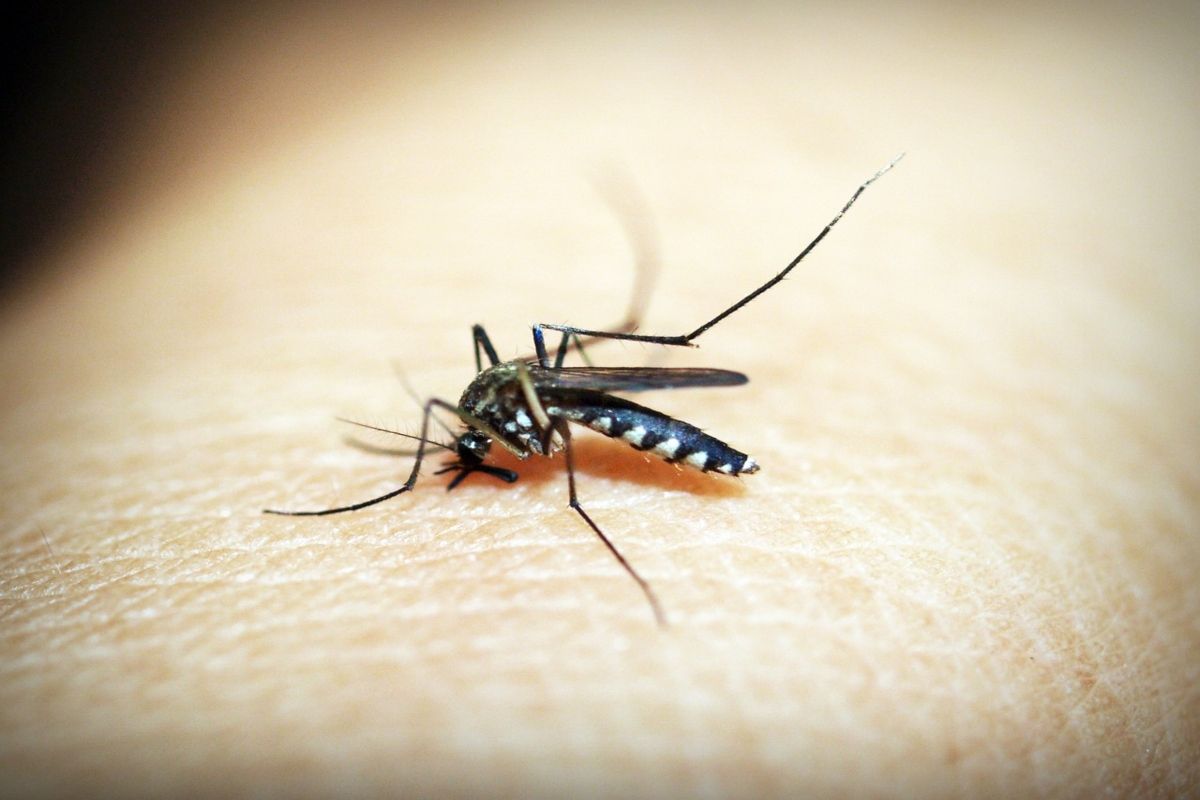The symptoms of dengue, malaria, and Covid-19 share similar
laboratory and clinical characteristics, according to the medical
expert.

New Delhi: The least we want right now is an outbreak of vector-borne diseases like dengue, malaria in India at a time when the country is already battling the second wave of deadly coronavirus cases. However, the onset of monsoon certainly increases the risk of transmission of these tropical, vector-borne diseases. The matter of concern right now is that many symptoms of dengue, malaria, and Covid-19 may overlap, which in turn may burden the healthcare professionals in treating the patients. Also Read - Good News! Indians Can Now Travel to Russia, Turkey And Other Countries as COVID Cases Decline
What are the common symptoms of dengue, malaria, and Covid-19?
It is very difficult to differentiate between dengue fever, malaria, and Covid-19 since all three diseases share similar laboratory and clinical characteristics, Dr Maheshkumar M Lakhe, Consultant – Internal Medicine and Infectious Disease, Columbia Asia Hospital, Pune, told Indian Express. Also Read - 5 Offbeat Places in Uttarakhand That You Should Explore Post COVID Lockdown
A mosquito-borne viral disease, dengue is a viral infectious disease caused by any of the four related dengue viruses – DEN-1, DEN-2, DEN-3, and DEN-4. Its common symptoms include high fever with severe headache, muscle and joint pain coupled with nausea, vomiting and diarrhea. Also Read - Who All Require COVID Travel Pass in Kerala? Here's How to Apply For it
According to Healthline, Malaria can occur if a mosquito infected with the Plasmodium parasite bites you. Some of the common symptoms of this life-threatening disease includes fever with shivering, chills, headaches, and vomiting, and occasional seizures, sweats, followed by a return to normal with fatigue.
Coronavirus spreads from person-to-person through droplets emanating from an infected person when they cough, sneeze or talk without a guard or a mask. Its symptoms, according to health experts, are fever, dry cough aches and pains with tiredness, sore throat with headache, diarrhea, difficulty breathing or shortness of breath.
Dr Lakhe said, “Both malaria and dengue have a few common symptoms as both start with headaches and generalised weakness, symptoms seen in a Covid-19 infected person as well. Covid symptoms, like skin rash and fever, can be found in dengue as well. The initial clinical symptoms like fever, myalgia and headache are commonly seen in both dengue and Covid-19 infected patients.”
He added, “However, additional symptoms pertaining to the respiratory system like cough, loss of smell or taste, or sore throat may encourage further investigations for Covid-19. This coinfection of dengue, malaria and Covid-19 poses a big challenge for the precise and right diagnosis of these viral diseases as there have been reports of misdiagnosis due to false-positive results.”
How to avoid coinfection?
As we mentioned above, many symptoms of dengue, malaria, and Covid-19 may overlap, which in turn may put immense burden on the healthcare professionals in treating the patients. On this, the medical expert told IE, “It is a challenge for diagnostic staff to come out with correct laboratory diagnosis of shared clinical symptoms shown by infected individuals. The main pillars to control the two major arthropod-borne infections in tropical areas have been preventive measures such as vector control, protective measures, and surveillance. But the pandemic has posed a challenge in terms of restricted availability and movement of human resources. This has adversely impacted the much-needed vector management activities. Keeping the situation in mind, the roadmap for the district and state authorities has been structured to ensure that scheduled activities to curb the outbreak of malaria and dengue are not hampered.”
In such a situation, the need of the hour is an affordable and rapid test that could precisely distinguish between dengue, malaria, SARS-COVID-19, Dr Lakhe suggested. He further said that it is also important that patients must be diagnosed for all the infections since clinical diagnosis is not easy due to overlapping symptoms.
“It can be assumed that the cases of co-infection of Covid-19, dengue and malaria would peak during monsoon season. Hence, the government and the health agencies must be well-prepared with strong measures like effective mosquito vector control strategies and sufficient hospital and diagnostic facilities. At the same time, it is important that people follow COVID-appropriate behaviour as well as the general guideline for malaria and dengue prevention including, but not limited to preventing the accumulation of freshwater, wearing clothes covering arms and legs, using mosquito nets and repellents, and screen on windows and doors, and cover water containers tightly or use chemical larvicide to prevent breeding of mosquitoes,” the doctor said.
Last year, Dr Lakhe told the news portal, Delhi recorded a rise of 24 per cent cases of dengue, malaria, and chikungunya cases in a span of a week in August, taking the toll to 131 by September, while Gurgaon witnessed 36 cases of malaria and dengue by mid-October. Though Pune did not witness a single case between March and August last year, any complacency can exacerbate the challenging COVID situation in the city.
Comments
Post a Comment